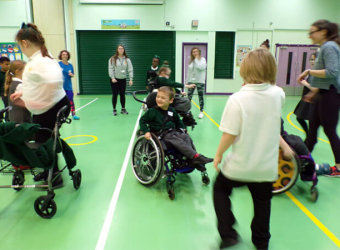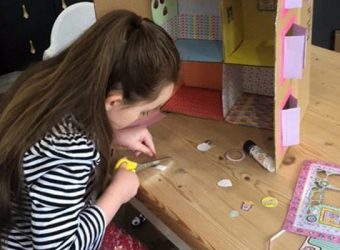What is posterior fossa syndrome?
Posterior fossa syndrome is the name given to a collection of symptoms that may occur in children after they have had surgery at the back of the brain.
What causes posterior fossa syndrome?
The exact cause of posterior fossa syndrome is unknown; however, some evidence suggests that it is due to a disruption in signals in the brain that are responsible for processing information, sensations and body movements.
It may occur after surgery on a part of the brain called the cerebellum, which is responsible for balance and coordination, and the brainstem, which is responsible for basic functions including breathing, heart rate and body temperature. These surgeries are often carried out to remove a cancerous brain tumour called medulloblastoma.
What are the symptoms of posterior fossa syndrome?
The symptoms of posterior fossa syndrome usually occur 1-10 days after surgery and can last weeks, months or years. The severity differs between children.
They may include:
- Problems with speech, language and swallowing
- Problems with muscle tone, motor control and movement
- Mood, behaviour and sensory changes
- A decrease in cognitive function


















